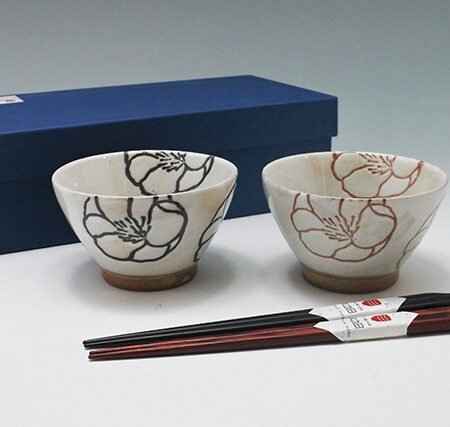Japan’s work environment often garners international attention due to long working hours, karoshi (death from overwork), and productivity issues. The term “karoshi” even made its way into English dictionaries, highlighting the global impact of this phenomenon. But how does the workload of Japanese workers compare to that of workers around the world? This article delves into the work environment in Japan.
Working Hours in Japan

According to the International Labour Organization (ILO), Japan has one of the highest percentages of workers who work more than 48 hours a week, especially when compared to other high-income countries. This culture of long working hours leads to the unique phenomenon of karoshi, which includes death from heart attacks, strokes due to extreme work conditions, and suicides linked to psychological stress.
A notable case of karoshi involved a female employee at Dentsu, a major advertising firm in Japan, who committed suicide in 2015 due to overwork and harassment from her superiors. This incident became a symbol of the issues within Japan’s work culture, drawing significant attention.
Productivity and Measures Against Long Working Hours

Long working hours are also associated with decreased productivity. Despite longer working hours, the quality of work per unit of time has not significantly improved, leading to a substantial drop in productivity. Long working hours can exhaust workers, hindering efficiency and creative thinking. Japan is noted for its low labor productivity among G7 nations, attributed to inefficient work practices and excessive overtime.
In 2018, labor reform laws were enacted to limit monthly overtime to 45 hours. However, changing the actual work environment is expected to take time. Shifting workplace culture requires reevaluating traditional corporate cultures and workstyles, necessitating cooperation among unions, the government, and companies. Yet, Japanese labor unions often avoid conflict with corporations, rarely protesting unfair treatment of workers sufficiently.
Reasons for Long Working Hours in Japan

In Japan, long working hours are socially accepted, and many workers conceal their actual working hours. The culture values hard work to the point of self-sacrifice. Additionally, many companies pay salaries based on working hours, encouraging longer hours for higher pay. This, coupled with a lack of strict enforcement of working hour regulations, especially in large corporations, perpetuates long working hours. Japan’s declining birthrate and labor shortage also place undue pressure and stress on individual workers.
Addressing these challenges requires active involvement from labor unions, proper management of working hours, and improvements in workplace environments. The increasing participation of women and younger people in the labor market introduces new challenges that need appropriate responses. Improving Japan’s work environment demands further legal regulations and a cultural shift towards prioritizing workers’ health and well-being.
Summary
This article has explored Japan’s work environment, characterized by long hours and low productivity. Factors contributing to this include the normalization of long working hours, a wage system based on hours worked, and a lack of commitment to adhere to working hour limits.
For Japan to regain international economic prominence, reevaluating the labor system is crucial. When working in Japan, it’s important to focus on what truly matters for the job at hand.









コメント